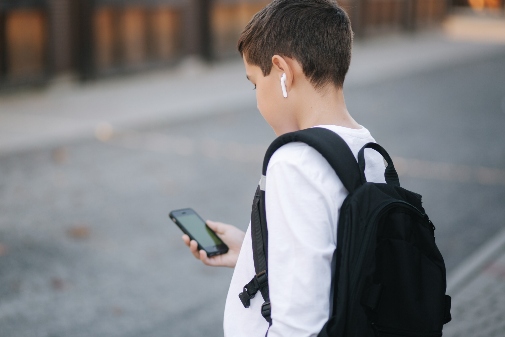The Positive Impact of Smartphone Bans on Student Well-Being
School smartphone ban results in better sleep and improved mood 🔗

A recent experiment at The Stanway School in Colchester, where Year 8 pupils gave up their smartphones for 21 days, revealed significant benefits in sleep quality and mood. Led by Professor Lisa Henderson and Dr. Emma Sullivan, the study found that students fell asleep 20 minutes faster and gained an hour of extra sleep each night. Additionally, pupils reported going to bed earlier and showed improvements in mood, with reductions in feelings of depression and anxiety. While the study did not show major cognitive improvements, it highlighted the potential positive impacts of smartphone bans on younger students, which could influence future policy decisions regarding smartphone use in schools.
What were the main benefits observed in the students during the smartphone ban?
Students experienced better sleep, falling asleep 20 minutes faster and gaining an hour of extra rest each night. They also reported improvements in mood, with reduced feelings of depression and anxiety.
Did the study show any improvements in cognitive abilities?
The study indicated a modest 3% improvement in working memory, but no significant changes in sustained attention were observed, suggesting cognitive improvements may take longer to develop.
Why is this research important for policy decisions?
The findings provide evidence that could inform discussions about smartphone use among young people, especially as governments consider regulations like social media bans for minors.